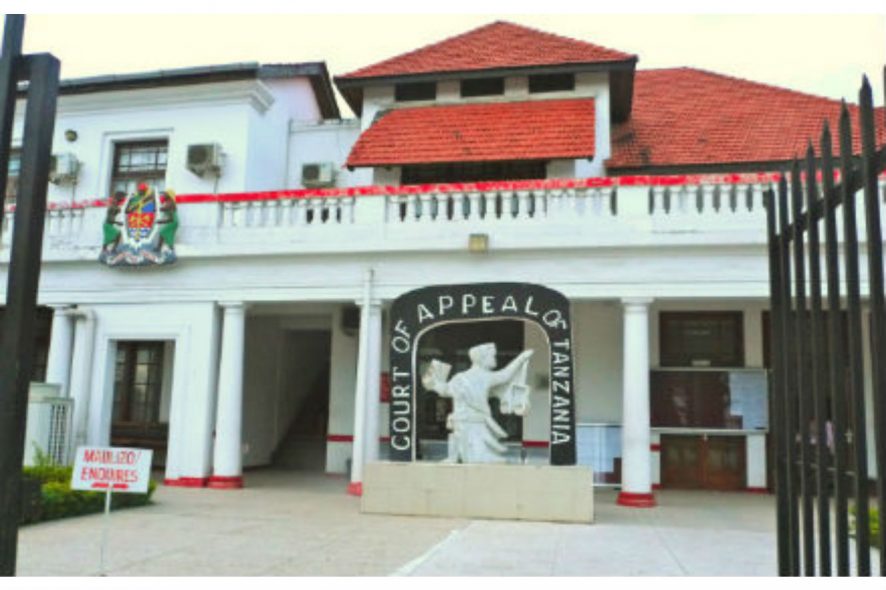Court of Appeal of Tanzania: The Bench of K.M. Mussa, S.A. Lila and R.K.Mkuye, JJ., decided in an appeal concerning the conviction of the appellant for the offence of “Rape” contrary to Sections 130(1) (2) (e) and 131 (1) of the Penal Code, Cap 16 R.E. 2002.
Appellant was sentenced to life imprisonment and for the said his appeal to the High Court was unsuccessful. Hence, the second appeal.
In the evening of the fateful day, the appellant went to Beatrice Ishiaka’s (PW1) home and took PW1 together with Pascal Mode to the orange farm to harvest oranges. While at the farm the appellant ordered PW1 to sit down and get the money. However, the appellant raped her. Thereafter, PW1 went home and informed her grandmother (PW3) to have been raped by the appellant. The matter was reported to the relevant authorities which led to the appellant’s arrest.
Appellant denied to have raped PW1 and lodged a memorandum of appeal comprising 4 grounds of appeal.
The Court of Appeal while reaching to a conclusion went through the grounds of appeal, facts and the material on record in the most careful manner and stated that
“Court is required to be cautious and very slow to disturb the concurrent findings of facts of the two courts below. The Court could only do that if there are completely misapprehensions of the substance, nature and quality of evidence which result into fair conviction.”
Further, the Court on examining the grounds of appeal mentioned by the appellant dealt with only ground number 3 and 4 that touched the “credibility of witnesses” and the “standard of proof”.
Placing reliance on the case of Aloyce Mgovano v. Republic, Criminal Appeal No. 182 of 2011; Court dealt with “credibility of witnesses”. In the said case, Court also cited Shabani Daudi v. Republic, Criminal Appeal No. 28 of 2000; wherein it was stated that,
Credibility of a witness can also be determined in two other ways: one, when assessing the coherence of the testimony of the witness. Two when the testimony of that witness is considered in relation with the evidence of other witnesses, including that of the accused person. In these two other occasions the credibility of a witness can be determined even by a second appellate court when examining the findings of the first appellate court.”
Court stated that evidence of PW1 was taken without the oath. This is a situation where corroboration was required. It is settled law that unsworn evidence most often requires corroboration. Unfortunately, Pascal Mode who was with PW1 did not testify. PW2 and PW3 cannot be taken to corroborate her evidence as their evidence was mere hearsay as regards to who raped PW1. It was also observed that even if PW 3 saw some features suggesting that PW 1 was raped, she could not be in a position to know who did it.
Hence, the Court concluded that, unfortunately, no reasons for failure to call Pascal were given as he was a material witness in the present case which led the Court to agree with appellant and merit was found in the stated grounds. Appeal was allowed and conviction quashed and set aside, with the release of the appellant. [Raphael Mhando v. Republic, 2019 SCC OnLine TZCA 1, Order dated 01-03-2019]







